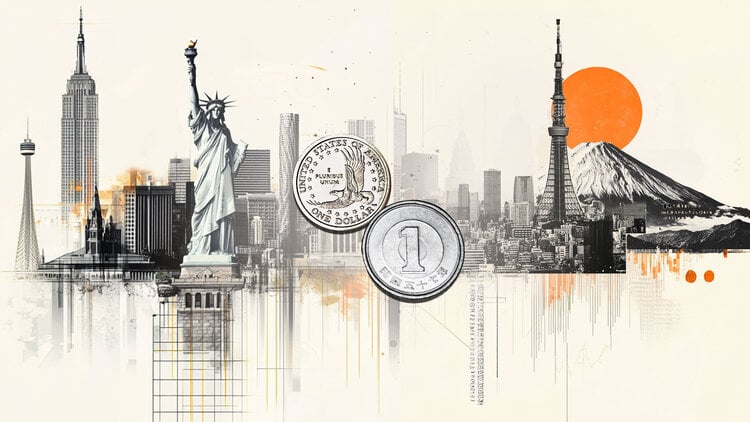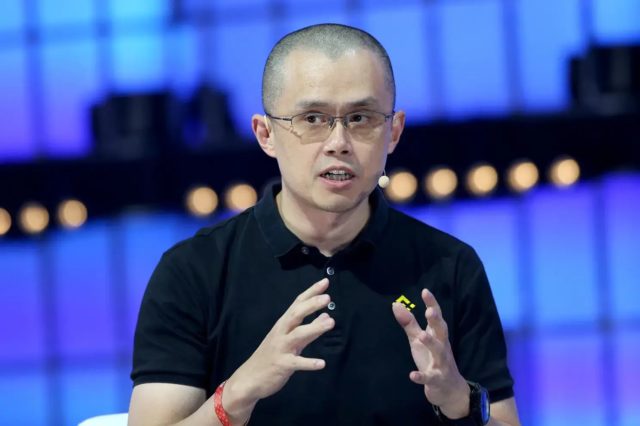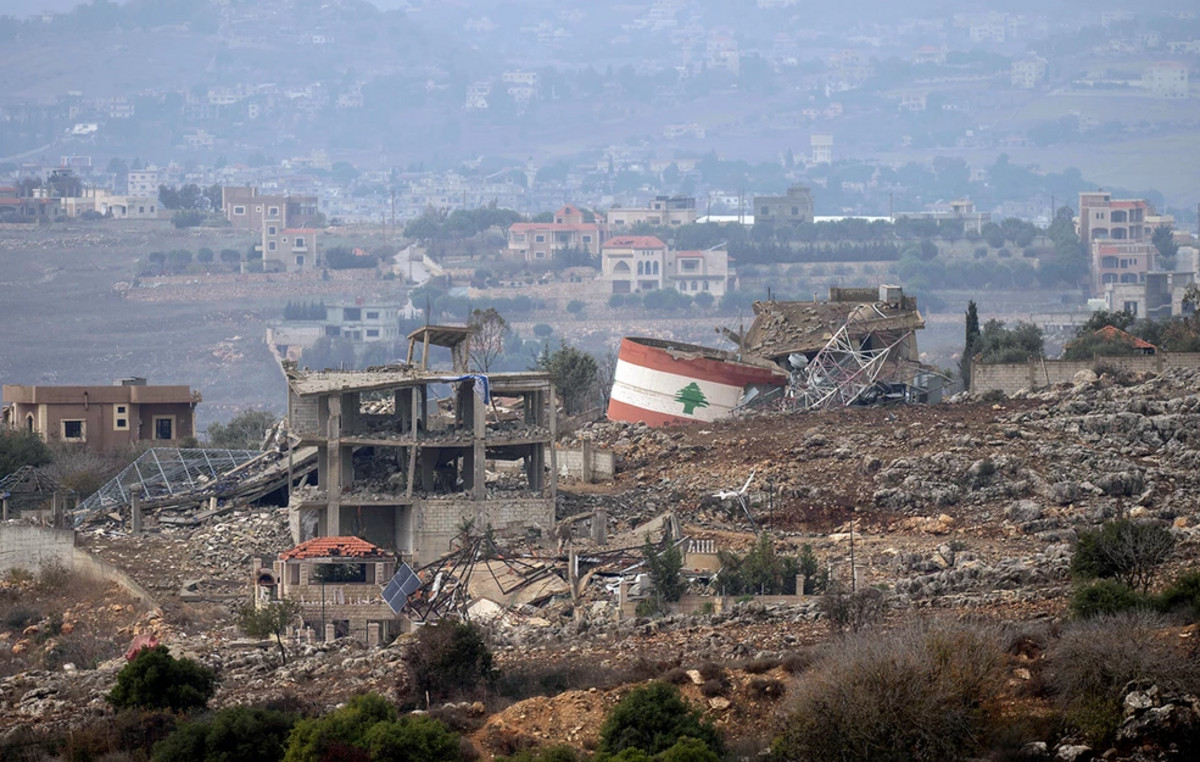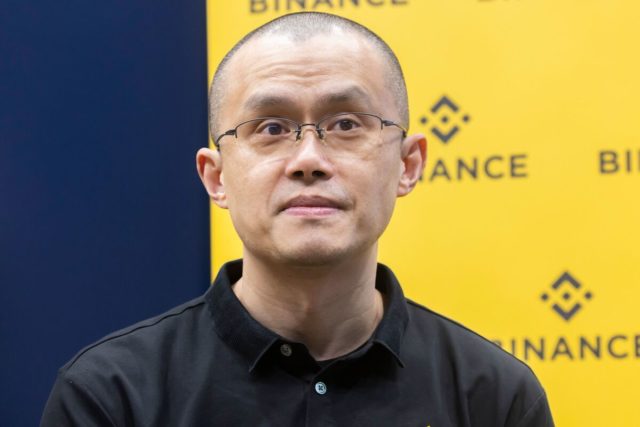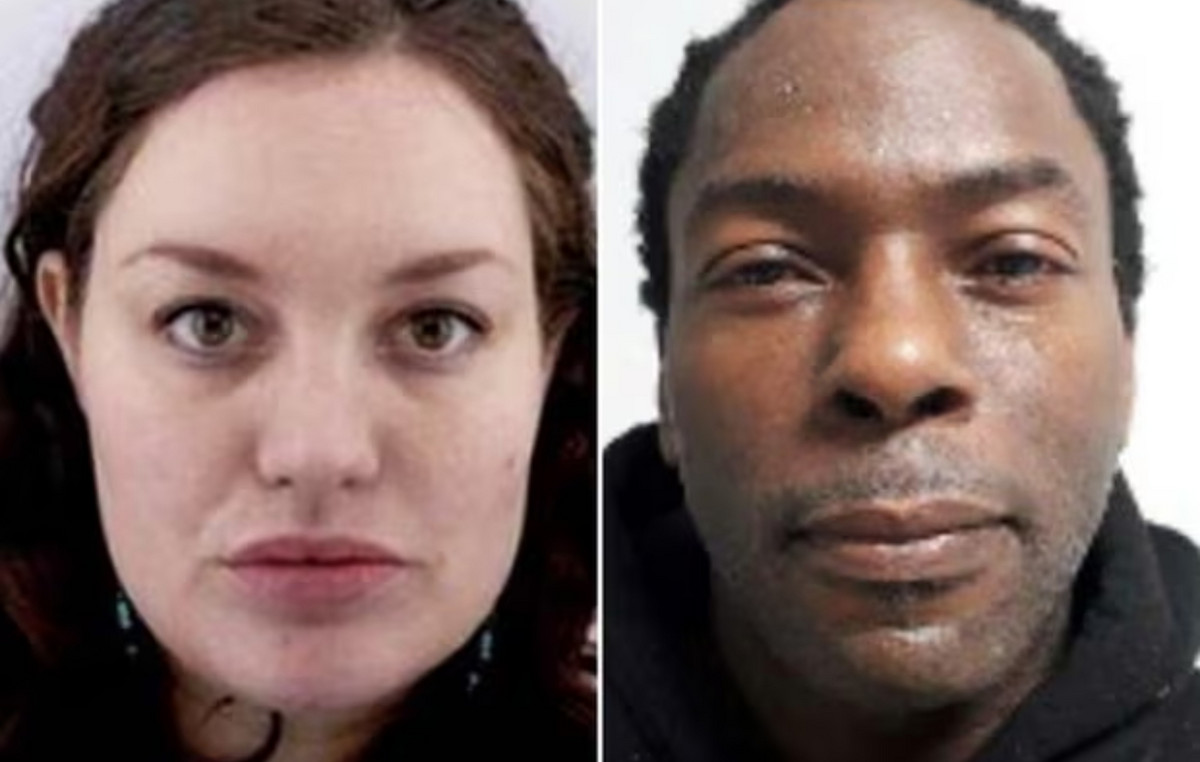At Nicolás Maduro’s first inauguration as president of Venezuela on April 19, 2013, several Latin American leaders sat in the front row with him. They included then-presidents Cristina Fernández de Kirchner (Argentina); Evo Morales (Bolivia); Dilma Rousseff (Brazil); and Raúl Castro (Cuba). At that time, a new era was dawning that promised to follow the foundations of his late predecessor Hugo Chávez, but with promises of improvements for the times to come.
Eleven years later, this group of leaders has completed its cycle. Only Maduro has managed to remain in office and intends to extend his mandate for another six years.
In January 2024, Nicolás Maduro presented seven points to the Legislative Branch, seven transformations that, according to him, the country needs to become a power. It is a summarized plan of what must be done to achieve a better version of the country.
The list of proposals covers broad topics such as the economy, care for the environment, respect for human rights and the recovery of well-being.
It is an offer for the future that, seeing the results of the past in terms of economic performance and human rights violations, will be difficult to achieve.
Economic collapse
The contraction of the Gross Domestic Product (GDP) by 75% between 2013 and 2021 reveals the decline in productive activity, according to economist Pedro Palma, author of several books, including “Chronicles of a Lived History”.
Palma explains that, despite the fall in oil prices, Maduro has not reduced public spending; furthermore, access to international markets has been closed (partly due to US financial sanctions – which in August 2017 banned debt and bond issuances – but also due to the state’s inability to pay), which has generated a deficit that is almost impossible to cover.
The situation got out of control at the end of 2017. In December of that year, according to data from the Central Bank of Venezuela (BCV), monthly inflation rose to 55.6%, a figure considered by experts as an indicator of the beginning of hyperinflation.
From then on, Venezuelans saw how the purchasing power of the bolivar, the local currency, was diluted, how the dollar began to be used informally as a transaction currency and a humanitarian crisis was unleashed that caused a huge wave of migration that, so far, according to the UN, has led more than 7.7 million Venezuelans to refugee status.
The country emerged from hyperinflation in December 2021, when, according to figures from the BCV, Venezuela completed 12 months with a monthly variation of less than 50%.
And although the government has prioritized reducing inflation since 2020, it has achieved this with what Palma calls a “very severe regressive policy”, with measures such as the elimination of bank credit. If there is no purchasing power, inflation decreases.
In January, during his annual speech to the National Assembly, Maduro stated that the Venezuelan economy had grown 5% in 2023. Palma projects that in 2024 it could grow 4%, but warns that this growth would be restricted to 25% of productive activity, which does not reflect, in the expert’s opinion, a true improvement either for the Government or for the population’s purchasing power.
Widespread poverty
This reality is reflected in the poverty levels measured since 2014 in the Living Conditions Survey carried out by three universities and known as Encovi. In 2020, the results showed that Venezuela was one of the poorest countries in the world.
In the report, the researchers concluded that 96% of the sample fell into a category they called “income poverty,” that 54% of respondents said they were in the “recent poverty” bracket (54%) and that 41% were in chronic poverty.
The measurement carried out in 22 of the country’s 24 states, with the exception of Delta Amacuro and Amazonas, revealed that between November 2019 and December 2020, 79.3% of Venezuelans did not have the resources to cover the basic food basket, a situation classified as what is called extreme poverty.
These numbers improved in subsequent measurements, to the point that in the 2021 and 2022 reports the study determined that “income poverty” had declined to levels similar to those of 2017. However, this improvement stagnated in the 2023 measurement.
Multidimensional poverty recorded by Encovi, linked not only to income but to conditions such as housing, public services, social protection, work and education, was 51.9% in 2023, almost 15 points less than that recorded in 2021, although still 12 points above 2014.
On May 1, Maduro announced an increase in the “comprehensive minimum income” to around $130 (paid in bolivars), although the amount is a sum between the minimum wage and bonuses that not all workers receive. Several sectors of the opposition and unions mobilized on that May Day, rejecting the minimum wage bonus and demanding that it be increased to $200 per month.
If there were a ranking that compared the minimum income of Latin American countries, US$130 would put Venezuela in last place.

Impact on health
The economic crisis has had a special impact on the health of Venezuelans.
For the human rights organization Provea, the issue of health is one of the most pressing. In their 2023 report, which they produced as a review of Maduro’s decade in power, they listed the shortage of medicines that affected the population at the beginning of that period and the increase in prices; later, the disinvestment in hospitals, which caused the decline of infrastructure. In 2013, 1,976 complaints of violations of the right to health were registered. In 2023, the number increased to 103,311.
The Maduro government has acknowledged the gravity of the Venezuelan crisis, but has shifted the blame to the United States for sanctions imposed on numerous officials and companies, dating back to August 2017.
On January 6, 2024, the president published in X: “In these years of blockade, sanctions and aggressions we have learned to give birth, to innovate and to create solutions. “We are the people who overcome difficulties,” he wrote. The Venezuelan leader insisted in his publication that the country has the “Bolívar Project, of the socialism of Christ, of the Bolivarian socialism founded by our Commander Chávez. “We are on the right side of history!”
Complaints about human rights violations
According to Amnesty International, between 2014 and 2023, different civil society organizations in Venezuela recorded almost 15,700 arbitrary detentions.
In the context of the review before the Human Rights Committee, the Venezuelan authorities maintained that the fact that a person spent hours or days in detention without his or her family being informed of his or her whereabouts did not constitute enforced disappearance.
However, they admitted that between 2015 and 2022, only 10 of the 455 alleged enforced disappearances were brought to trial, without the whereabouts of the victims being informed or anyone being punished, as reported by Amnesty.
The Center for Justice and Peace (Cepaz) organization counts at least 12 politically motivated detainees who died in state custody. They also highlight that women suffer a “more serious form of persecution and criminalization.”
In some of these cases, the Public Prosecutor’s Office responded by initiating investigations. In two of them, court decisions were issued.
In February 2022, a Caracas criminal court sentenced an officer and a lieutenant of the Bolivarian National Guard to 30 years in prison for the aggravated homicide and torture suffered by Rafael Acosta Arévalo, a lieutenant-captain who was being held at the headquarters of the Military Counterintelligence Directorate (Dgcim). Months earlier, in December 2021, two officials of the Bolivarian Intelligence Service (Sebin) were sentenced to five years and ten months in prison for crimes of negligent homicide.
But the Venezuelan Human Rights Education-Action Program (Provea) speaks of at least 1,652 victims of torture and at least 10,000 people who died at the hands of security agents between 2013 and 2023.
All these complaints transcended the borders of Venezuela.
On September 27, 2019, the United Nations Human Rights Council established the Independent International Fact-Finding Mission on the Bolivarian Republic of Venezuela to determine allegations of human rights violations in the South American country, with a mandate extended until September 2024. In its latest report, published in 2023, the Mission documented “numerous cases of serious human rights violations against people who oppose the Government or are perceived as such,” including 28 cases of torture.
After the publication of the report, the Venezuelan government described the allegations collected by the Mission as “unusual, false and unfounded” because, in its opinion, “they have no methodological basis or knowledge of the reality of the country”. “They are part of the criminal and interventionist policy of ‘regime change’ promoted by the Government of the United States of America with the complicity of its satellite governments around the world.”
While the UN documents these cases in its reports, the International Criminal Court (ICC) is moving forward with its own investigation into possible crimes against humanity perpetrated during the 2017 anti-government protests.
For the Venezuelan government, the investigation by the ICC prosecutor “responds to the intention to exploit the mechanisms of international criminal justice for political ends, all based on an accusation of alleged crimes against humanity that never occurred.”
But reports of human rights violations barely make it to local television and radio. Maduro’s two terms in office have been a catastrophe for independent journalism and the pluralism of information, according to Reporters Without Borders.
To reach this conclusion, the organization relies on a census carried out by Provea, cited in a report published in early May. It shows that between 2021 and 2023 there was a 38% reduction in the number of radio stations and a 45% reduction in the number of television stations.
And it was precisely in a public event, broadcast on social media and on the Estado channel, that Maduro issued the warning just nine days before the elections scheduled for July 28. “The fate of Venezuela in the 21st century depends on our victory on July 28. If they do not want Venezuela to fall into a bloodbath, into a fratricidal civil war, the product of the fascists, let us guarantee the greatest success, the greatest victory in the electoral history of our people,” said the president during a speech in a popular area in western Caracas.
Source: CNN Brasil
Bruce Belcher is a seasoned author with over 5 years of experience in world news. He writes for online news websites and provides in-depth analysis on the world stock market. Bruce is known for his insightful perspectives and commitment to keeping the public informed.

